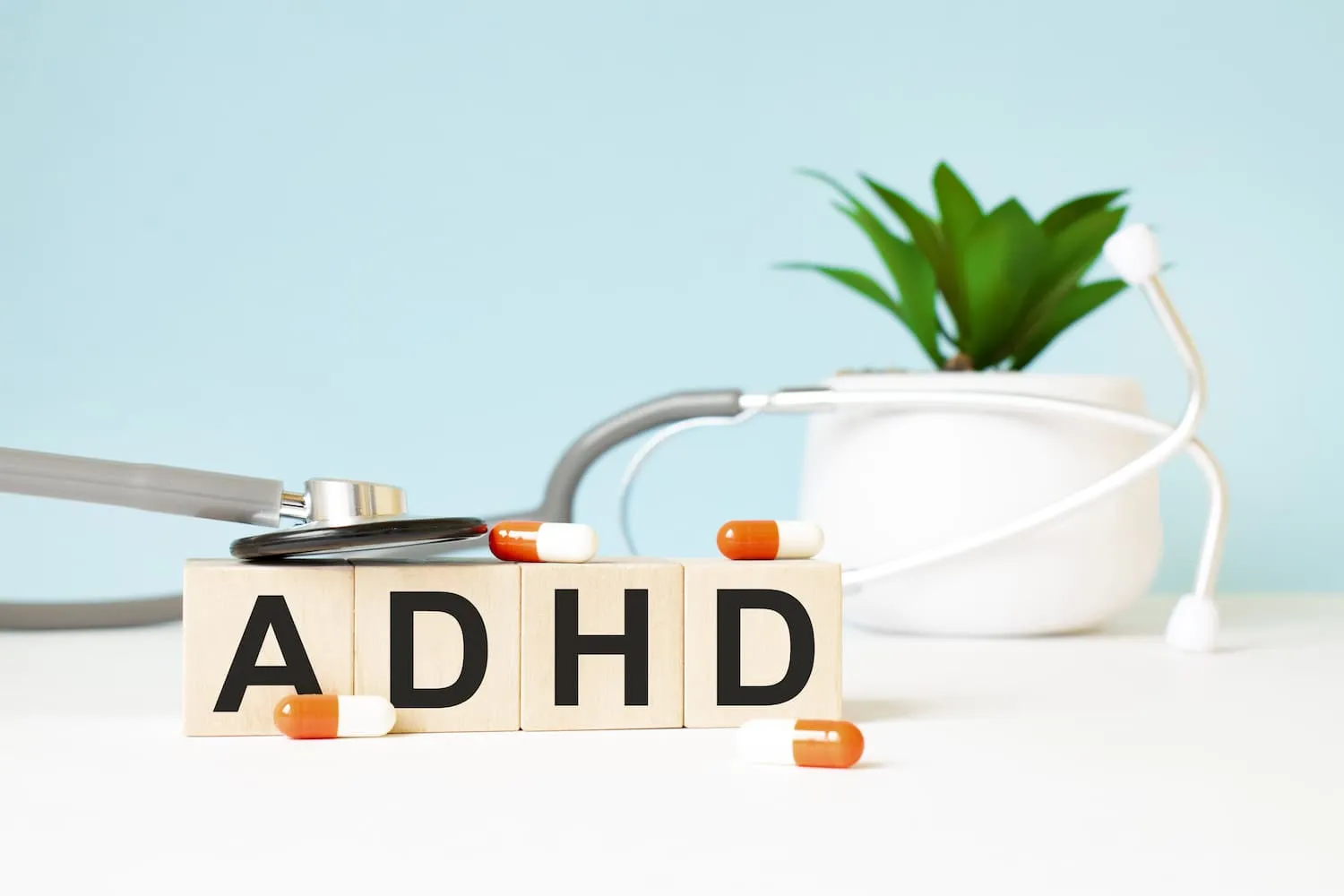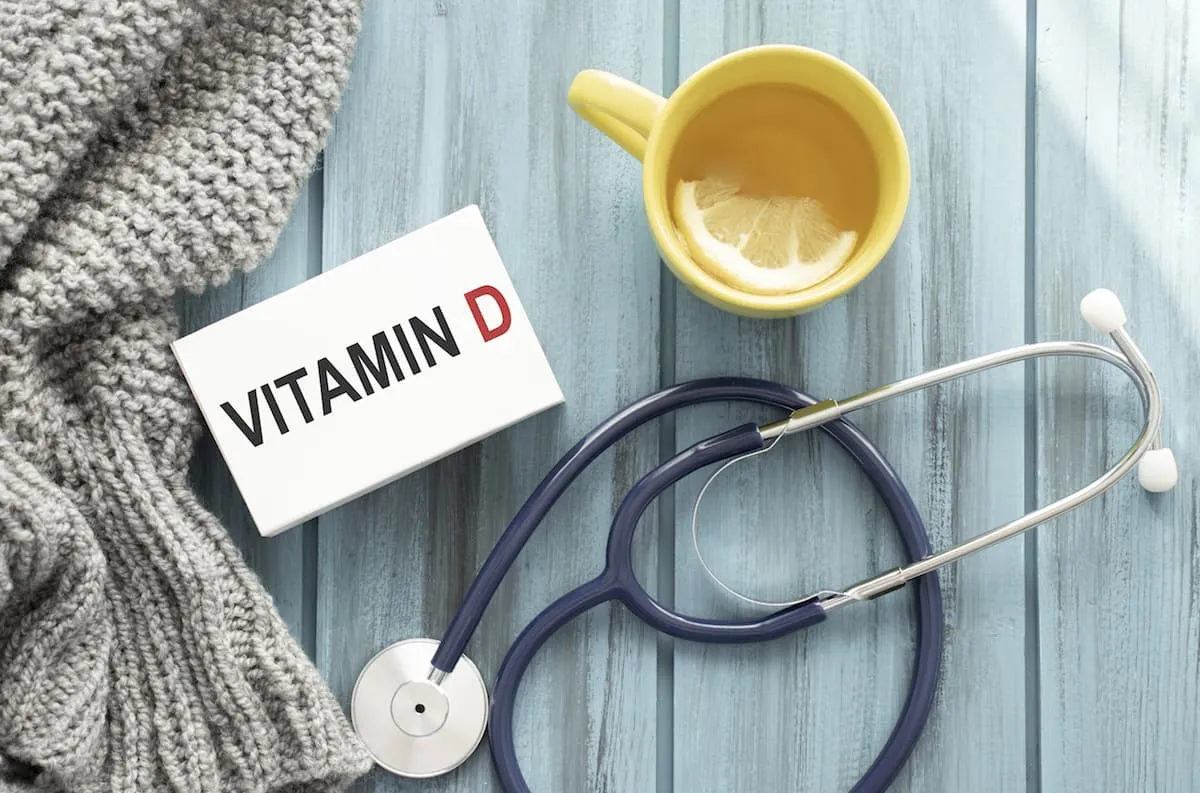Updated on 14. November 2021 from ÁYIO-Q Redaktion
Reading time: approx. 5 minutes
Take hot lemon with honey and vitamin C in the form of ascorbic acid in high doses up to the “diarrhoea limit”: Who doesn’t know them, the classics for colds. But do they really help you get better faster? In the second part of the series of articles on colds and flu, we will take a closer look at the influence of micronutrients.
The immune system depends on an optimal supply of nutrients
A large body of clinical data demonstrates that the following micronutrients play key roles in the immune response:
- Vitamins: vitamin A, vitamin B6, vitamin B12, vitamin C, vitamin D, vitamin E, folic acid.
- Minerals: iron, copper, selenium, magnesium, zinc
- Omega-3 fatty acids: eicosapentaenoic acid (EPA), docosahexaenoic acid (DHA)
Not only in Third World countries, but also in all industrialised countries, an insufficient supply of these nutrients is widespread. As a result, people have a lower resistance to flu, colds and other infections.
This is the conclusion of an international group of researchers from Great Britain, New Zealand, the Netherlands and the USA. In addition to a balanced diet, the scientists advise people to take the micronutrients mentioned above in the recommended daily allowances (Recommended Dietary Allowances). According to the research team, these amounts are not sufficient for vitamin C and vitamin D.1
Vitamin C and the immune system.
T-cells and phagocytes need vitamin C to perform their tasks. Not surprisingly, a deficiency leads to reduced resistance to pathogens. A good supply of vitamin C, on the other hand, strengthens the body’s own defences.2
So is taking vitamin C for colds just the right remedy to shorten the duration of the illness? Television, the press and orthodox medicine are largely in agreement: food supplements with vitamin C have no proven effect on colds and flu.3
In fact, several scientific papers came to this conclusion. In 2017, Professor Dr Harri Hemilä from the University of Helsinki analysed all the vitamin C studies conducted. He found that the effectiveness of the micronutrient for cold symptoms depends on the dosage.
Only from a daily dose of 6 to 8 grams of vitamin C did the duration of illness shorten in the study participants. According to Professor Hemilä, the negative results of some studies can be explained by the low vitamin C doses.4
Scientists from Bayer Consumer Care in Basel confirmed this assumption. In contrast to a preventive application, the treatment of cold symptoms requires much higher doses of vitamin C.5
By the way: Since the micronutrient is destroyed by heat, the popular hot lemon with honey contains only small amounts of vitamin C. Instead, put the juice of a lemon in a glass of cold (lukewarm) water before breakfast and drink the healthy pick-me-up every day.
What role does vitamin D play in flu and colds?
Due to the increased incidence of respiratory diseases in winter, scientists suspected a connection between flu, flu-like infections and the sun more than 30 years ago. Because in the months from October to March, the sun’s rays in Central Europe are no longer sufficient for our bodies to produce vitamin D3 in the skin.6
Is the widespread undersupply of vitamin D in winter the cause of recurring colds? There is much to be said for this hypothesis. As a review from 2020 shows, the frequency of colds and flu in children can be significantly reduced by taking vitamin D.7
The vital micronutrient participates in the body’s own processes that counteract inflammatory reactions. Among other things, vitamin D ensures a reduction of pro-inflammatory cytokines and simultaneously increases the concentration of anti-inflammatory cytokines.
Cytokines are messengers involved in the transmission of the immune response. Vitamin D also regulates the production of defensins and cathelicidins, which inhibit the replication of viruses in the human body.8
Several recent studies show a link between the concentration of vitamin D in the blood (25(OH)D) and the likelihood of contracting influenza or COVID-19. The lower the 25(OH)D level, the greater the risk of a severe course of the disease. For this reason, most authors recommend raising vitamin D levels to between 100 and 150 nmol/l through diet, sunlight and a suitable food supplement.8,9
Our microbiome has a significant influence on the development and course of colds and flu
Similar to hay fever and other allergies, the gut microbiome also plays a key role in viral infections. Our beneficial helpers constantly train the gut-associated immune system (GALT) and ensure that all areas of the body’s defences respond appropriately.
When unfavourable bacteria colonise and multiply in the gut, the balance between the microbiome and the human immune system is disturbed. As a result, immunity to viruses can decrease.10
The microbiome also appears to be a major factor in the pathogenesis and progression of COVID-19. In a 2020 scientific publication entitled Gut Microbiota Status in COVID-19: An Unrecognised Player? (The Status of the Gut Microbiome in COVID-19: An Unrecognised Player?), the Italian research group led by Professor Piero Sestili makes the following comments:
“Therefore, the pre-existing health status of the microbiome and its changes during the course of SARS-CoV-2 infection probably play an important, still underestimated, role in determining individual susceptibility and resistance to COVID-19.”11.
Living microorganisms (probiotics) boost immunity and counteract inflammation. Because they restore the balance between the microbiome and the immune system, probiotics can protect against respiratory infection.
In a recent review, Canadian researchers advise using appropriate bacterial supplements to prevent colds, flu and COVID-19. If the illness has already broken out, taking probiotics can mitigate the course.12
Related articles: Cold and flu
- Colds and flu – How our mind affects the immune system.
- Colds and flu – Cause, treatment and complications.
Sources:
[1] Calder PV et al. Optimal Nutritional Status for a Well-Functioning Immune System Is an Important Factor to Protect against Viral Infections. Nutrients. 2020 Apr 23;12(4):1181.
[2] Ströhle A, Hahn A. Vitamin C and immune function. Med Monatsschr Pharm. 2009 Feb;32(2):49-54;quiz 55-6.
[3] Mythos Vitamin C – Why tablets do not protect against colds, at https://www.focus.de, Access date 25.08.2021
[4] Hemilä H. Vitamin C and Infections. Nutrients. 2017 Mar 29;9(4):339.
[5] Carr AC, Maggini S. Vitamin C and Immune Function. Nutrients. 2017 Nov 3;9(11):1211.
[6] Cannell JJ et al. Epidemic influenza and vitamin D. Epidemiol Infect. 2006 Dec;134(6):1129-40.
[7] Mailhot G, White JH. Vitamin D and Immunity in Infants and Children. Nutrients. 2020 Apr 27;12(5):1233.
[8] Grant WB et al. Evidence that Vitamin D Supplementation Could Reduce Risk of Influenza and COVID-19 Infections and Deaths. Nutrients. 2020 Apr 2;12(4):988.
[9] Yisak H et al. Effects of Vitamin D on COVID-19 Infection and Prognosis: A Systematic Review. Risk Manag Healthc Policy. 2021 Jan 7;14:31-38.
[10] Harper A et al. Viral Infections, the Microbiome, and Probiotics. Front Cell Infect Microbiol. 2021 Feb 12;10:596166.
[11] Donati Zeppa S et al. Gut Microbiota Status in COVID-19: An Unrecognized Player? Front Cell Infect Microbiol. 2020 Nov 26;10:576551.
[12] Shahbazi R et al. Probiotics in Treatment of Viral Respiratory Infections and Neuroinflammatory Disorders. Molecules. 2020 Oct 22;25(21):4891.















